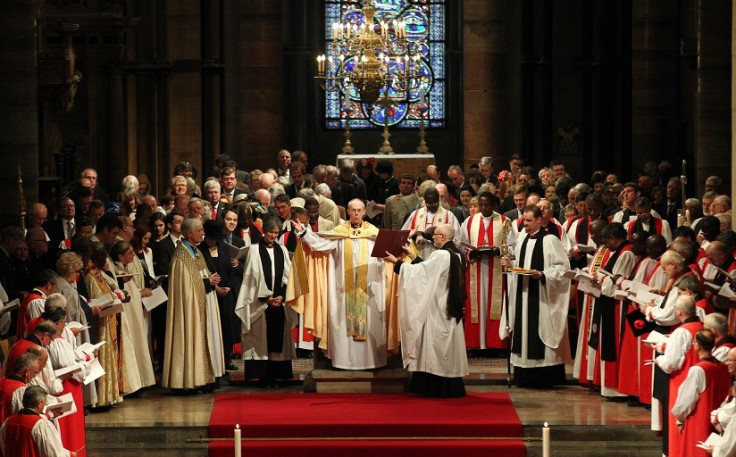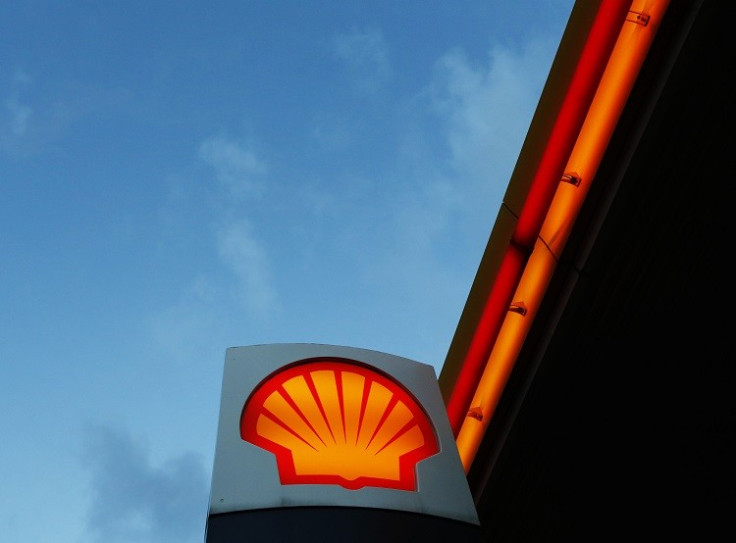In focus: The Church of England's £6.7bn investment fund and climate change, an ethical dilemma?

In order to serve God – through churches, missions and clergymen – the Church of England requires cash.
To this end, the organisation presides over a £6.7bn investment fund that had an exceptional 2014, reaping a 14.4% return – more than most hedge funds. Never mind the Gospel of Matthew, which says one "cannot serve both God and money".
A casual glance at its public equity holdings reveals some interesting investments, with more than £100m invested in companies including Shell, BP and Unilever. At the same time, the Church has made a very public display of preaching about the dangers of global warming and climate change. Last year it even referred to climate change as the "great demon".
The Pope weighed into the wider debate last week by issuing an encyclical on tackling climate change. The Church of England responded by wholeheartedly endorsing the pontiff's stance.
How does the Church square this view with its investments in BP and Shell?
The Church has adopted a policy of what it calls "intensive engagement" with companies that make a significant contribution to global greenhouse gas emissions. The idea being that its influence will be better felt sitting around the boardroom table rather than from the outside.
It scored successes earlier this year when BP and Shell backed resolutions the Church tabled calling for more action and transparency on how they are tackling climate change. And in April, the Church announced it would divest £12m from tar sands oil and thermal coal, two of the world's most polluting fossil fuels.

Speed of change
But there are many within the Church's own ranks that would like to see more radical moves and divest completely from oil and gas.
The Rev Dr Darrell Hannah, of the diocese of Oxford, told IBTimes UK: "I absolutely think they should go faster. The difficulty I had with the CofE climate change report is that it talks about engagement with oil and gas companies, but what does this mean? There's no timetable, and any detail is completely absent."
Rev Hannah also points to the fact that Shell, after having endorsed the Church's call for more transparency, started drilling in the Arctic.
"It shows that they are not serious."
Pope Francis
Responding to the Pope's encyclical, the Church of England's lead on the environment, Bishop of Salisbury, the Rev Nicholas Holtam, said last week: "Pope Francis highlights the iniquitous way in which the enormous consumption of some wealthy nations has repercussions in the poorest places on the planet...The transition to a low-carbon economy is urgent."
Despite the clarion call for urgency, speaking to IBTimes UK, Holtam admitted that the transition to a low-carbon economy is "going to take time, even as long as 2030 to 2050, because it will require big changes to the way we live".
He added that he is backing the Church's policy of engagement with companies such as BP and Shell to the hilt: "People might want it to go faster but I'm really pleased with it, it's the most breathtaking policy."
Balancing act
It is a fine balancing act for, whichever way you look at it, the Church is invested in oil and gas majors while at the same time preaching the climate change gospel. It should also be noted that the Archbishop of Canterbury, Justin Welby, spent 11 years working in the oil industry.
Synod will debate whether to speed up the proposals in the next month, but Hannah is clear: he wants full divestment from oil within three years and natural gas in five.
There are several sectors in which the Church does not directly invest, such as tobacco and pornography.
The direction of travel suggests that oil and gas majors will be added to that list at some point, but will the earth have already frozen over by then?
© Copyright IBTimes 2025. All rights reserved.






















